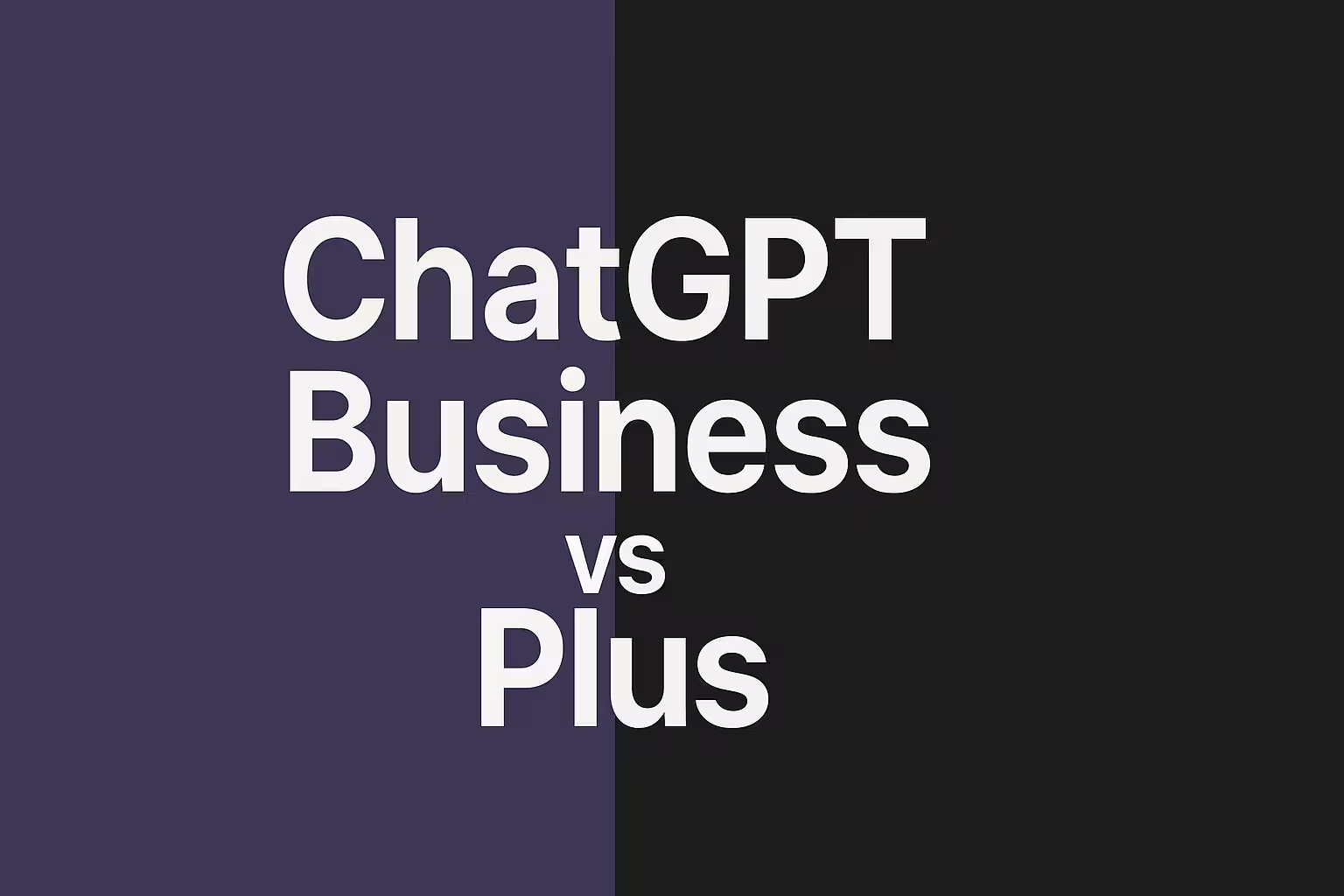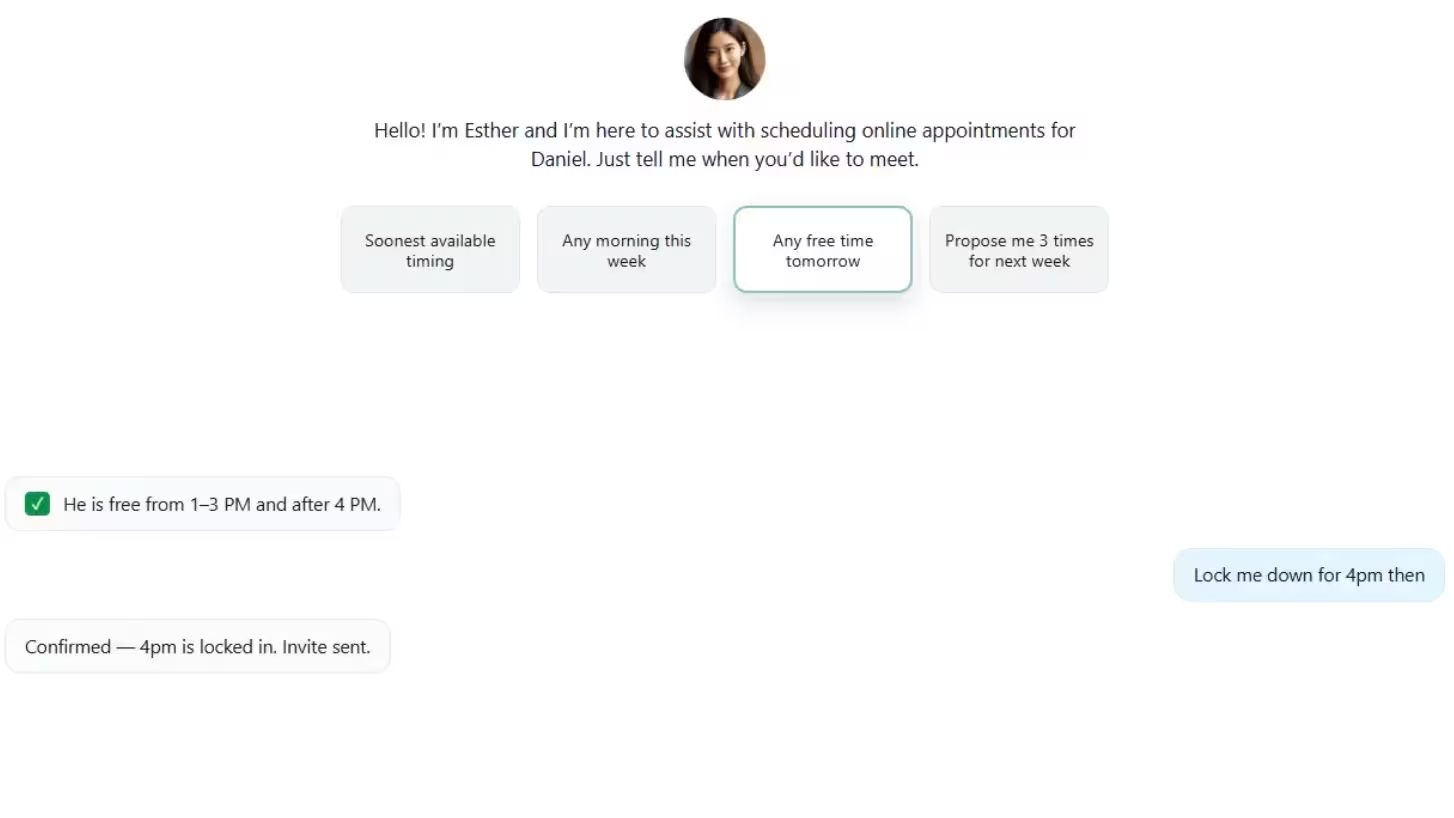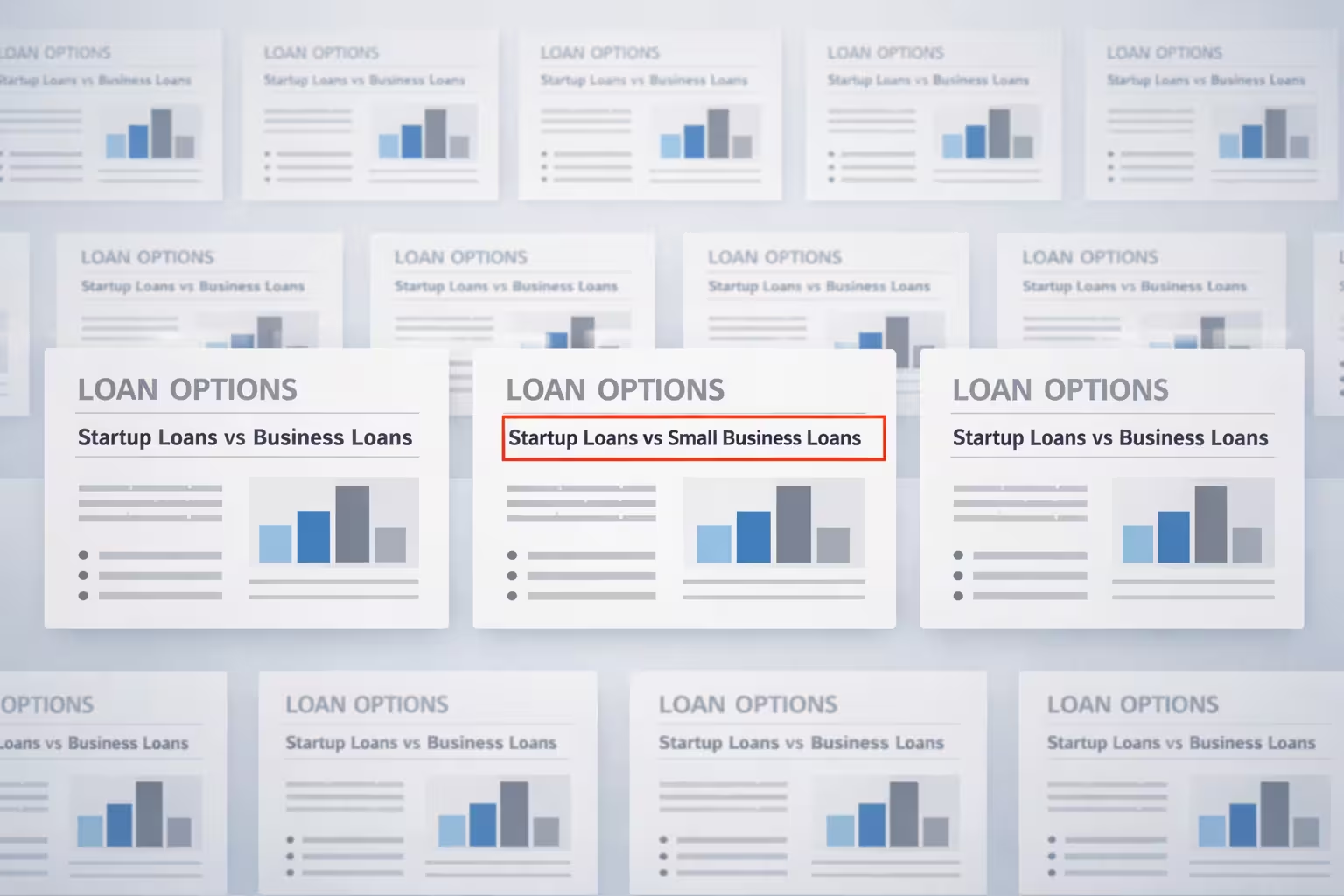ChatGPT Plus vs ChatGPT Team for your business.
Written at: 13 Sep, 2025
Last Updated: 22 Oct, 2025
When people read up on ChatGPT Plus and ChatGPT Team (Business), the conversation often gets stuck on billing, usage limits, or access to agents like Deep Research or Codex. But here’s the truth: both Plus and Team already include those advanced agents. The real difference lies in collaboration — how work is shared, organized, and maintained across multiple people.
What You Get in Plus
-
All the powerful agents: Deep Research, Codex, ChatGPT agent, and multimodal tools (image/video generation).
-
Projects: You can create folders that hold your chats, files, and tasks. But these are strictly private to you.
-
Sharing: You can send a link to a single chat, but it’s static — the recipient can view (and sometimes copy), but not collaborate live or see future updates.
In short, Plus gives you a strong individual toolkit, but your work stays siloed unless you manually share links each time.
What ChatGPT Team Adds
-
Workspace: This is the umbrella environment for your whole team. Think of it like Slack or Google Drive for ChatGPT. Everyone logs in and sees shared resources.
-
Shared Projects: Instead of private folders, you now have collaborative containers where teammates can access the same chats, files, and tasks.
-
Persistent Context: Upload a file once into a project, and it’s always available. Every new chat in that project inherits the same context — no need to re-upload or reshare.
-
Agents Across Shared Data: Deep Research, Codex, and others don’t just run on your local uploads. They can analyze the same set of shared documents or integrated sources (like Google Drive, SharePoint, or GitHub).
-
Admin & Roles: A workspace owner can invite/remove members, control permissions, and manage who gets access to what.
Projects: More Than Just Folders
It’s true that Projects are basically “holders” — but in Team, they are holders with memory and scope:
-
They contain multiple chats, so each thread can have its own purpose (copywriting, analysis, bug fixes) without becoming a giant messy chat log.
-
They link to files and integrations, so every teammate works from the same knowledge pool.
-
They can also hold tasks, making it easier to track work tied to that project.
Instead of sending around chat links or duplicating efforts, your team works together inside a persistent container where everything is kept in sync.
Why This Matters
-
In Plus, collaboration is ad hoc: share a chat, then re-share when a new one starts.
-
In Team, collaboration is structured: projects and workspaces organize everything, and agents operate on shared knowledge bases.
It’s the difference between emailing Word docs back and forth (Plus) versus co-editing a Google Doc in a shared drive (Team).
Important Limitation: Downgrading Risks
One critical point often overlooked is migration and downgrading:
-
If you merge your Personal/Plus workspace into a Team workspace, all your chats and GPTs move over. Once merged, it’s irreversible — you cannot un-merge.
-
If your Plus subscription was active, it is cancelled and refunded, and your Personal workspace disappears.
-
Data stored inside the Team workspace cannot be exported. If you leave the Team or the workspace is terminated, you lose access to that data.
This means there is currently no “safe downgrade” path from Team back to Plus. If your work is important, think carefully before migrating, because you may not be able to recover it outside of the Team environment.
Cons of Team and How to Mitigate Them
While Team unlocks powerful collaboration, it’s not without downsides:
-
Chat confusion: If too many people type into the same thread, the conversation can become long and messy.
Mitigation: Use multiple chats within a project (e.g., “Marketing copy,” “Competitor analysis”) instead of one mega-thread. -
Loss of personal separation: Once you merge into a Team workspace, you can’t easily go back to Plus and keep your data.
Mitigation: Export your personal data before migrating, or keep a separate account for purely individual work. -
No export from Team: Data tied to Team can’t be exported later.
Mitigation: Keep critical documents backed up in your own storage outside ChatGPT. -
Learning curve: The difference between Workspaces, Projects, and Chats can be confusing at first.
Mitigation: Treat Workspace like a shared drive, Projects like folders, and Chats like threads inside each folder.
Bottom Line
If you work solo, Plus is usually enough. But if you’re in a group that needs to:
-
Work across the same documents,
-
Run research or code analysis on shared data, and
-
Avoid the mess of constant reshares —
then ChatGPT Team provides a real collaborative layer that Plus simply doesn’t.
This company probably would not have had this epic mistake if they had a collaborative layer and their writer understood better how their platform works.
It’s not about unlocking new agents. It’s about unlocking shared context and persistence so your whole team can actually work together — with the caveat that once you move into Team, you can’t simply downgrade without losing access to your data, and you’ll need to plan around possible confusion or limitations.
Disclaimer. Here at FindTheLoan.com, we use AI very extensively to keep our team lean and efficient. From extracting information via OCR to coding. We also use Gemini for its speed. Claude to automate certain tasks on the computer, for the non-coder staffs (ChatGPT's agent mode works in a virtual browser only.) While the above is done after extensive research and every staff member is provided with a ChatGPT Plus account - we have not used Teams due to the above reasons. The reason why we produce this article is because we were looking to subscribe to ChatGPT business ourselves, and we found that most articles are just "paraphrasing" the very little detail available on OpenAI's documentation.
--
If you enjoyed this article, we’d love for you to share it with others who might find it valuable. Even a quick like or comment here helps trigger the algorithm to reach more people! Our goal is to bring you insights that Big Finance doesn't want you to know (with occasional tech reviews), but they often get overshadowed by Big Finance's content due to the large budget they have. Every share helps amplify our work and reach more readers like you!
Subscribe to our LinkedIn newsletter here or on Medium here and never miss any new articles!
Give us a try — it’s free to get your personalized loan offers today!
Learn how we keep our content accurate in our Editorial Policy.
Share on:
Blog Highlights
Recent Posts
Pinned Posts
We believe in sharing knowledge freely. Anyone — whether a company, website, or individual — may republish our articles online or in print for free under a Creative Commons license. (This applies to full republishing, not just casual sharing on social media — feel free to use the share buttons as you like!)
- All hyperlinks must be retained, as they provide important context and supporting sources.
- You must include clear credit with a link to the original article.
- If you make edits or changes, please note that modifications were made and ensure the original meaning is not misrepresented.
- Images are not transferable and may not be reused without permission.










